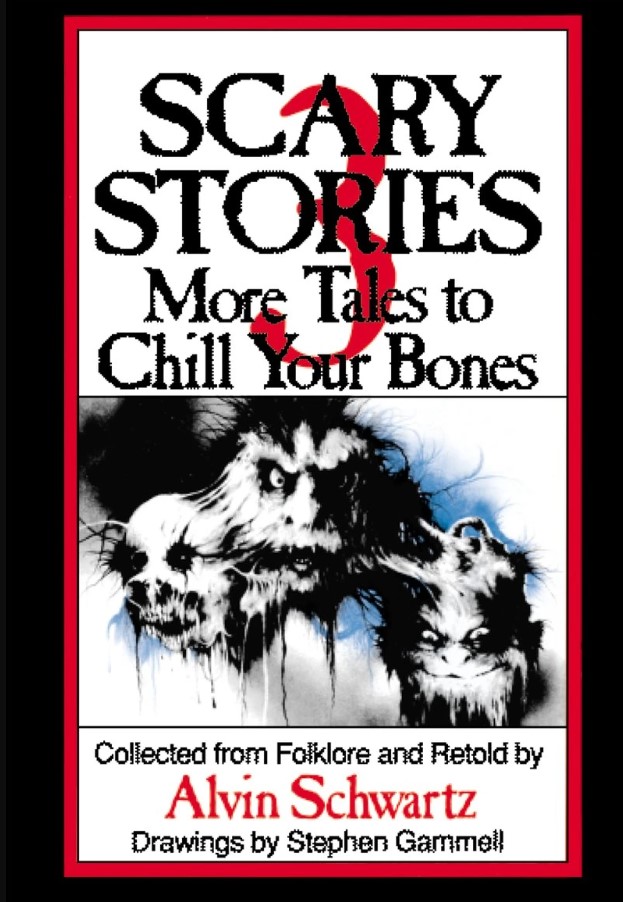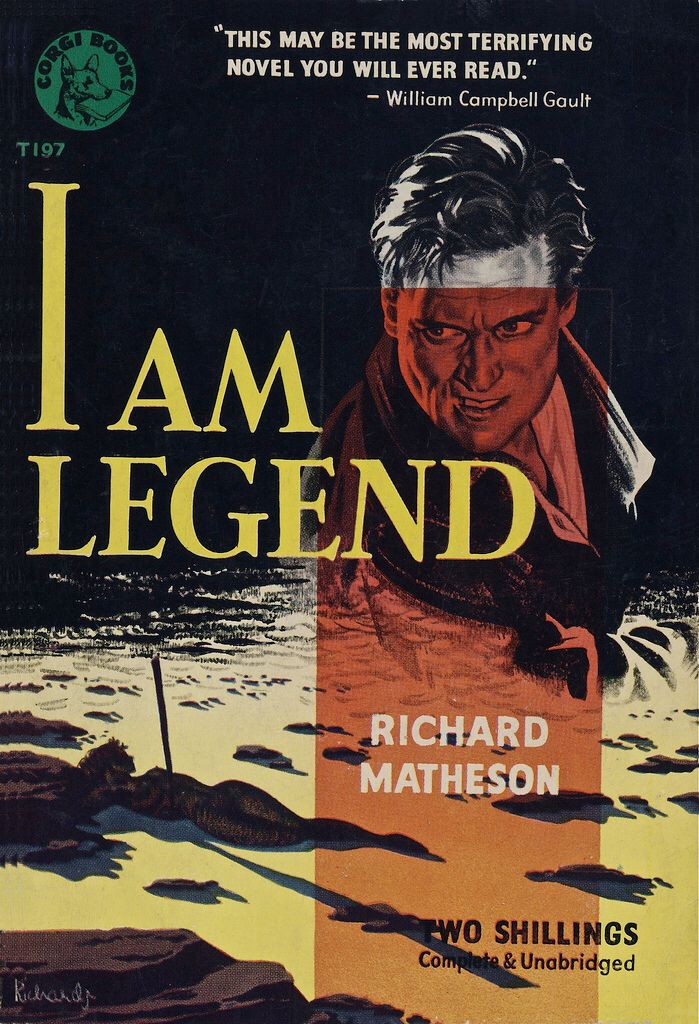In this post, we look at the definition of a literary quest. Certainly, there are many examples of quests throughout literature. Dorothy and her friends from The Wonderful Wizard of Oz venture on one as they track down the Wicked Witch of the West. Frodo and Sam take the One Ring on a quest to Mount Doom in JRR Tolkien’s The Lord of the Rings. And Ishmael and Ahab are on a quest to kill a legendary beast in Herman Melville’s novel about madness and whaling, Moby Dick. Quests are everywhere in literature, and so we will embark on our own quest by defining them and looking at more examples.
Defining a Literary Quest
Definition
A literary quest is a journey taken by the hero or protagonist of a story to meet some end. This end could be defeating an evil villain and rescuing a maiden, like in Sleeping Beauty, or just getting back home to where you belong, such as in The Odyssey or Treasure Island. Quests are extremely important to literature, too, as they define the motivations of our heroes and present challenges to them in an organic environment.
They also create “cultural awareness,” show us “the boundaries of ethical conduct,” and even define “the necessity for leading a good life” (Hughes).
In an article for The Guardian, author Robert Irwin states:
“A quest is a journey in the course of which one advances spiritually and mentally, as well as physically travelling miles. The quester leaves the familiar for the unknown. The nature of the goal may not be clear at first and may only become fully apparent at the end of the quest. It is an excellent plot device and ideally everyone’s life should have a plot” ((Irwin)
The Value of a Literary Quest
As with all stories, we can not downplay the value of a literary quest to the value of our own lives, just as the oral tradition of storytelling has had a huge impact on cultures and how they understand the world—how we understand the world. The tradition of storytelling, and telling stories about quests, helps emancipate ourselves from the unknowable, and they provide us with a moral compass to navigate the tumultuous waters of moral dilemma.
Think about The Wonderful Wizard of Oz. Dorothy has to make a lot of choices in the book that calls her morality into question. This includes helping the Scarecrow down from his imprisonment on a stake. She also helps the Tin Woodman escape from his rusted prison. She also questions the validity of murdering a Wicked Witch in order to guarantee a ticket home to Kansas. We as the reader have no choice but to think about what we would do if we were in her ruby slippers (or silver slippers), and thus we are thinking about how Dorothy’s fictional quest impacts our lives in reality, which is a great way to learn and grow as a person.
Examples of Literary Quests
Here is a short list of examples of books featuring quests undertaken by a protagonist:
- Lord of the Rings (1954-1955) by J.R.R. Tolkien
- A Wrinkle in Time (1962) by Madeleine L’Engle
- The Princess Bride (1973) by William Goldman
- The Neverending Story (1979) by Michael Ende
- The Talisman (1984) by Stephen King and Peter Straub
- Percy Jackson and the Olympians (2005-2020) by Rick Riordan
Conclusion
So, while quests are often swashbuckling fun, think about them on a deeper level. How does Dorothy change from the beginning of The Wonderful Wizard of Oz to the ending? How did you see the world differently after you read about her journey through the world? Hopefully, the quest, whatever it is and in whichever book, has an impact on how you see the world and how you understand your place in it.
Works Cited
Hughes, Joseph. “LLT 180: The Heroic Quest as Katabasis.” Missouri State. Web.
Irwin, Robert. “Robert Irwin’s Top 10 Quest Narratives.” The Guardian, 22 Feb. 2018, theguardian.com/books/2011/apr/21/robert-irwin-top-10-quest-narratives.
Discover more from The Writing Post
Subscribe to get the latest posts sent to your email.



